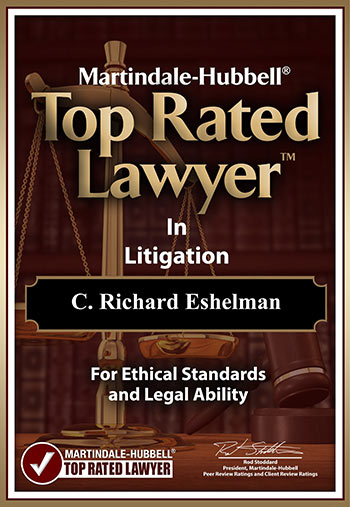Pesticides Risk To Children
Infants and children may be especially sensitive to health risks posed by pesticides for several reasons:
- Their internal organs are still developing and maturing
- In relation to their body weight, infants and children eat and drink more than adults, possibly increasing their exposure to pesticides in food and water
- Certain behaviors — such as playing on floors or lawns or putting objects in their mouths — increase a child’s exposure to pesticides used in homes and yards
Pesticides may harm a developing child by blocking the absorption of important food nutrients necessary for normal healthy growth. Another way pesticides may cause harm is if a child’s excretory system is not fully developed, the body may not fully remove pesticides. Also, there are “critical periods” in human development when exposure to a toxin can permanently alter the way an individual’s biological system operates.
For these reasons, and as specifically required under the Food Quality Protection Act (1996), the EPA carefully evaluates children’s exposure to pesticide residues in and on the foods they most commonly eat (i.e., apples and apple juice, orange juice, potatoes, tomatoes, soybean oil, sugar, eggs, pork, chicken and beef). The EPA is also evaluating new and existing pesticides to ensure that they can be used with a reasonable certainty of not causing harm to adults, as well as infants and children. According to data collected from the American Association of Poison Control Centers, in 2004 alone, an estimated 71,000 children were involved in common household pesticide-related poisonings or exposures in the United States.
A survey by the U.S. Environmental Protection Agency regarding pesticides used in and around the home revealed some significant findings:
- Almost half — 47% — of all households with children under the age of five had at least one pesticide stored in an unlocked cabinet, less than 4 feet off the ground (i.e., within the reach of children)
- Approximately 75% of households without children under the age of five also stored pesticides in an unlocked cabinet, less than 4 feet off the ground (i.e., within the reach of children). This number is especially significant because 13% of all pesticide poisoning incidents occur in homes other than the child’s home
- Bathrooms and kitchens were cited as the areas in the home most likely to have improperly stored pesticides. Examples of some common household pesticides found in bathrooms and kitchens include roach sprays; chlorine bleach; kitchen and bath disinfectants; rat poison; insect sprays, repellents and baits; and, flea and tick shampoos and dips for pets. Other household pesticides include swimming pool chemicals and weed killers
The EPA regulates pesticides in the United States under the pesticide law (the Federal Insecticide, Fungicide, and Rodenticide Act). Since 1981, the law has required most residential-use pesticides with a signal word of “danger” or “warning” to be in child-resistant packaging. These are the pesticides which are most toxic to children. Child-resistant packaging is designed to prevent most children under the age of five from gaining access to the pesticide, or at least delay their access. However, individuals must also take precautions to protect children from accidental pesticide poisonings or exposures.
Call: 1-800-365-0001
The Conclusion
The attorneys at the Eshelman Legal Group understand that no matter how cautious you are, others may not be so careful, and accidents do happen. So we hope you don’t need to, but if you are in a situation where you need the advice of an personal injury attorney, the Eshelman Legal Group is here to help you. For over 40 years we have been assisting accident victims, and we are here to assist you too... because “We’ll make things right.”
Ask yourself this question… who does the adjuster work for? The adjuster works for the insurance company, they do not work for you.
In all matters involving personal injury it is essential that measures be taken promptly to preserve evidence, investigate the accident in question, and file a lawsuit prior to the deadline imposed by the Statute of Limitations. If you or a loved one is a victim of personal injuries, call Eshelman Legal Group LLC, now at 1-800-365-0001. The initial consultation is free of charge, and if we agree to accept your case, we will work on a Contingent Fee basis, which means we get paid for our services only if there is a monetary award or recovery of funds. Don’t delay! You may have a valid claim and be entitled to compensation for your injuries, but a lawsuit must be filed before the statute of limitations expires. The above is not legal advice. That can only come from a qualified attorney who is familiar with all the facts and circumstances of a particular, specific case and the relevant law. See Terms of Use.






